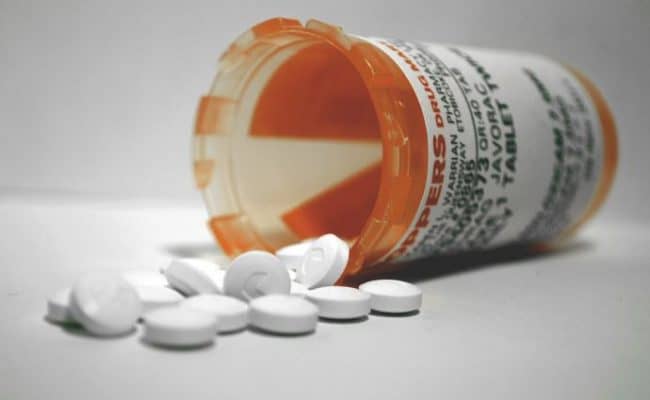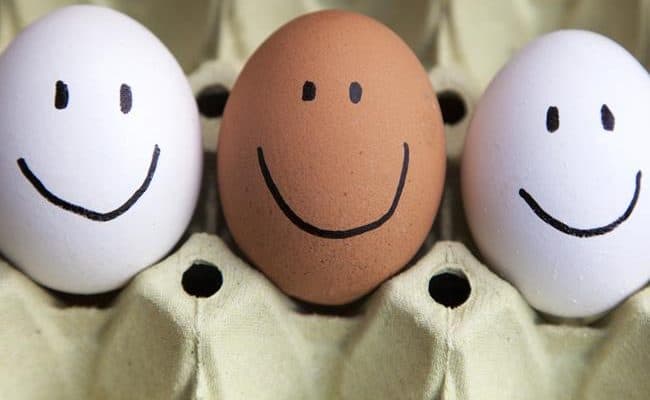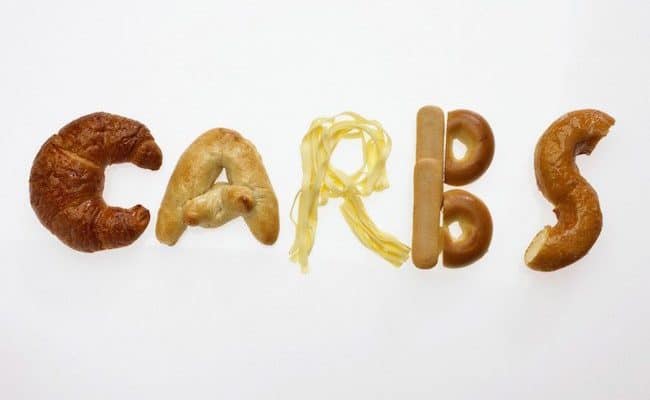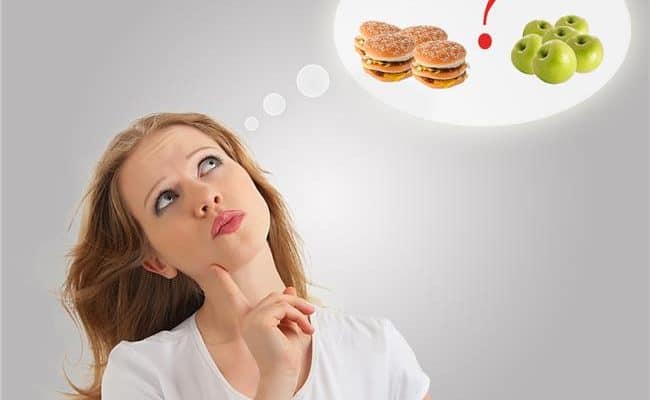
In today’s society we are used to, and demand, things to be fast and as convenient as possible. Weight loss is no exception. We want weight loss to be fast, and many weight loss programs, supplements and fad diets claim they can help you lose weight fast.
However, fast weight loss isn’t always best. You may lose weight rapidly in a few weeks from following a very low calorie diet (VLCD), but chances are you will probably regain that weight, and maybe more, after you normalize your diet back to something sustainable.
Dramatically changing your food intake can cause digestive side effects and rapid weight loss could increase risk for gallstones.
This is one reason why it is recommended to only go on a VLCD under supervision from a physician and not on your own.
A VLCD is defined as a diet that provides 800 calories or less per day and may provide weight of 3-5 pounds per week or more.
A low calorie diet (LCD) provides between 1,000-1,200 calories per day. Following a LCD can still provide rapid weight loss but may be more sustainable than a VLCD.
1. Losing more than body fat
A side effect from losing weight too quickly is you are losing more than just body fat. Of course, the goal with weight loss is to lose the fat and keep lean body mass.
However, the first few weeks of dramatic weight loss usually involve losing a mixture of water weight, lean mass and body fat.
In general, you want to avoid losing lean mass. Maintaining lean mass can help keep your metabolism higher and keep muscle definition.
Medline Plus suggests bone mineral density can also lower with rapid weight loss. This could increase risk for osteoporosis.
Rapid weight loss is common in the first few weeks of any weight loss program. However, weight loss should normalize to around 1-2 pounds per week.
Any number above that like 10 pounds in 2 weeks or even more could lead to more body fat being lost.
2. Changes in digestion (constipation or diarrhea)
Following a VLCD or even a LCD can drastically change the flow of your digestion. With dramatic weight loss, you could experience either constipation or diarrhea as the speed of digestion changes partly dependent on what type of foods you are eating.
For example, if you are switching to a lower calorie diet and increase meat consumption, constipation could result because you are drastically cutting down your fiber intake.
However, if you are drastically increasing fruit and vegetable consumption as part of weight loss efforts, you could speed up your digestion process.
After a few weeks, your digestive system may adapt partially or fully to the change in diet.
If you are avoiding drinking fluids for rapid weight loss, you may also be dehydrated and could also increase risk for constipation.
It is not recommended to drop your water intake for weight loss. Cutting out sugary drinks is recommended for overall health and weight regulation, but drinking adequate fluids is important for health.
3. Headaches
Headaches may be a common side effect from following a VLCD or a LCD. This is because these diets may also be low in carbohydrates and may cause glycogen depletion in the body.
When this happens, the body will break down muscle tissue and lean body mass to release stored glucose to send to the brain.
The brain can only use glucose as a fuel. If these stores get depleted, the body will take stored body fat and transform it into something like glucose the brain can use for a fuel source.
When this happens, a headache can be a side effect.
4. Gallstone risk
According to WebMD between 12-25% of people losing large amounts of weight can experience gallstones. The gallbladder holds bile that is produced in the liver.
The gallbladder can release bile into the small intestine as needed for breaking down fat molecules in the small intestine.
Rapid weight loss may increase risk of small stones forming in the gallbladder. These stones could eventually lead to a blockage that could require surgical removal of the gallbladder.
If you are losing a large amount of weight and/or trying to lose weight quickly, speak with your healthcare team about any questions you have regarding risk for gallstones.
5. Likely to regain weight
Research suggests about 20% of overweight people have success with long term weight loss of keeping the weight off for at least a year.
How do these successful people keep the weight off? There is no specific one way for successful weight loss, but it does involve consistency with following a healthy diet and incorporating exercise.
The problem with quick weight loss is it is probably not supporting long term changes that are sustainable for overall health and weight regulation.
For example, following a diet that provides less than 800 calories per day will help you lose weight quick, but it will also lower your metabolism. After you get off this eating pattern, your metabolism will be slower and weight gain is more than likely.
When is rapid weight loss ok?
Following a VLCD is recommended in some cases, and when it is it is under physician guidance. Rapid weight loss can be recommended for someone who is obese and needs to lose weight quickly because of health issues.
A VLCD under physician guidance is only prescribed for a short period of time and is prescribed for the health and safety of the patient.
It may be prescribed if someone is considered obese and has health complications of diabetes, high cholesterol and high blood pressure or other serious side effects.
In this instance, rapid weight loss is necessary for health and is the primary concern.










